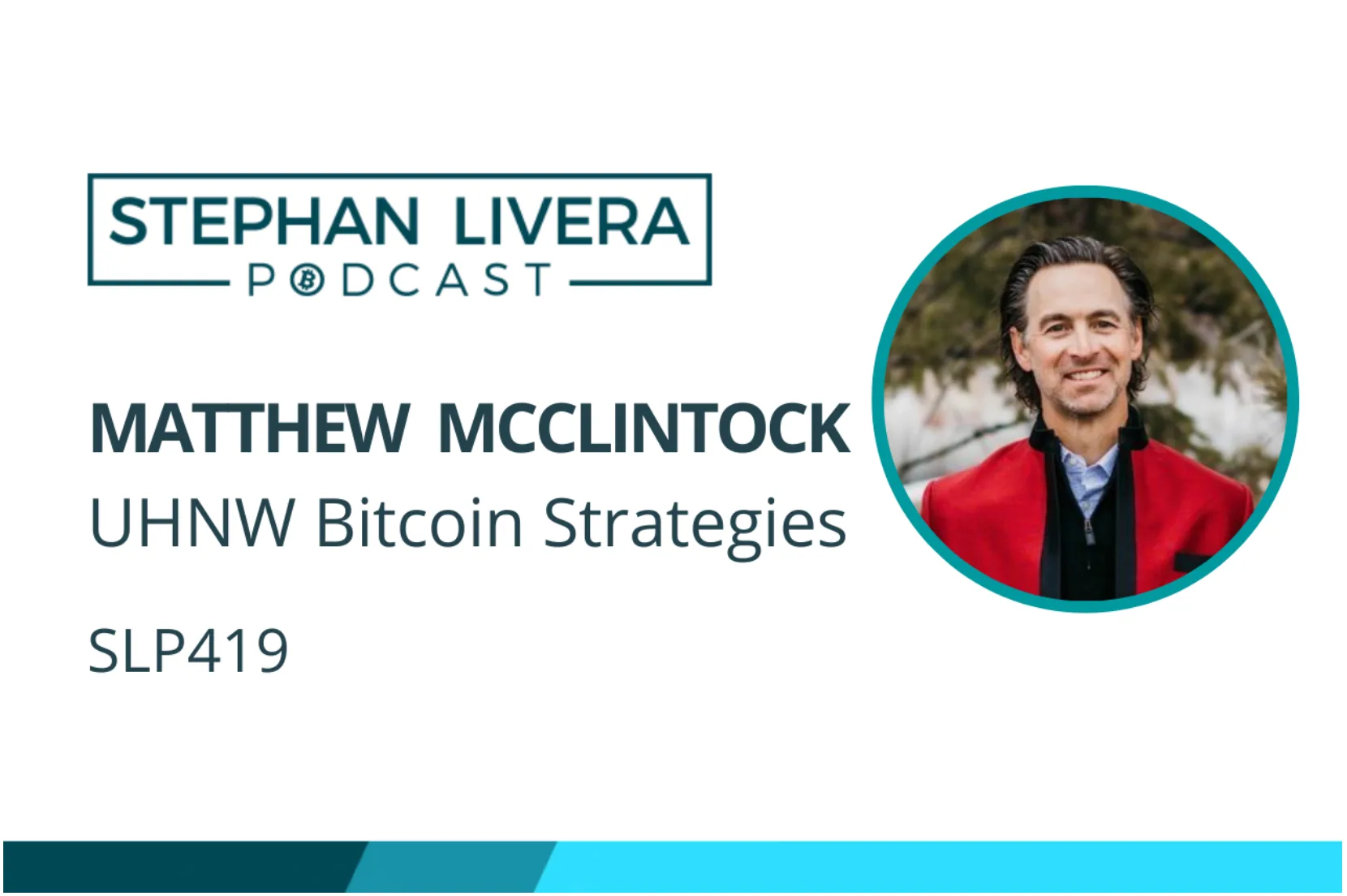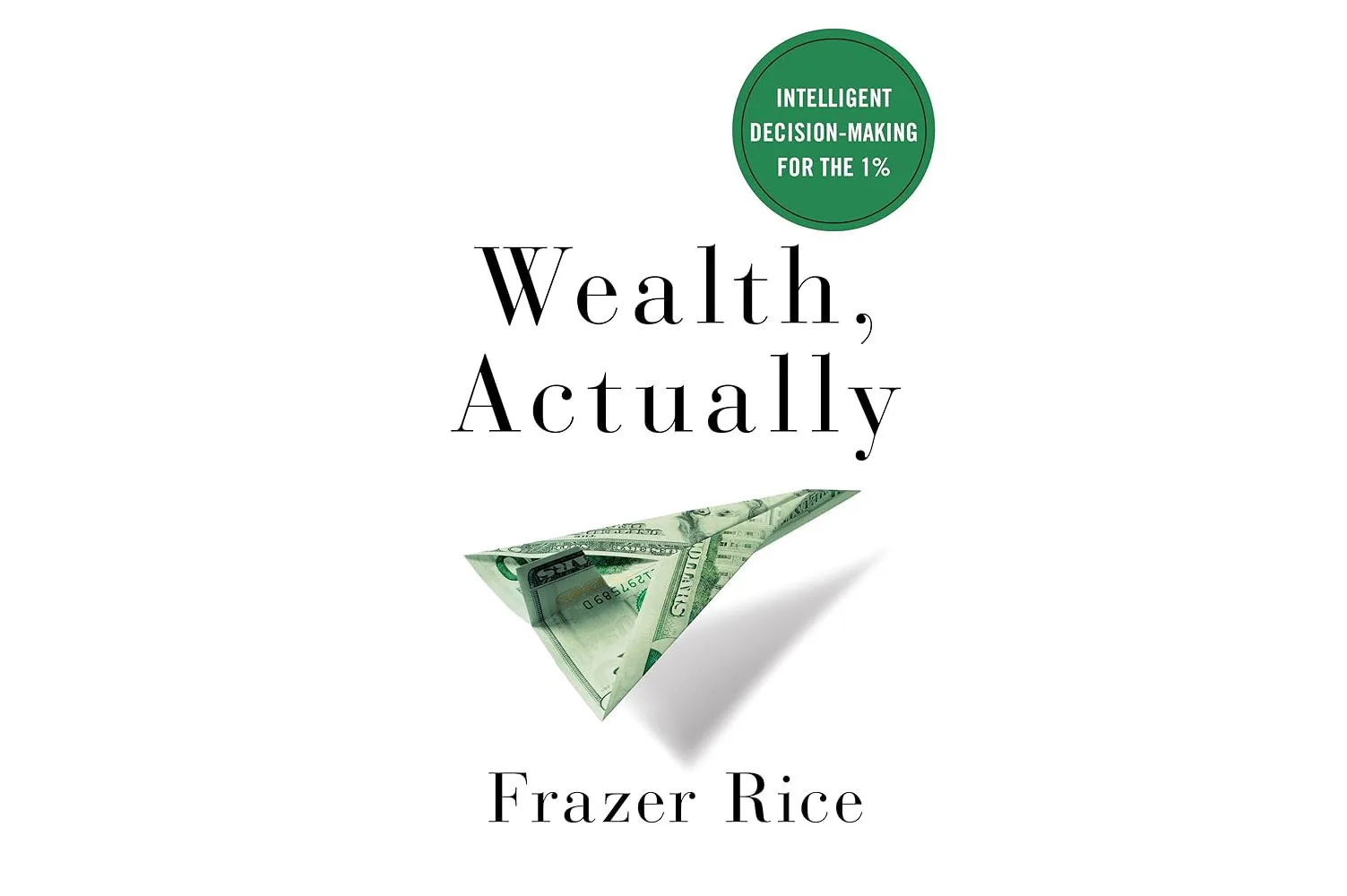Bitcoin… and everything else
The digital asset landscape is often framed as a competition between Bitcoin, Ethereum, and a long tail of alternative tokens. This framing is misleading. Bitcoin is not simply the “largest” digital asset by market cap; it is structurally and economically different than every other type of blockchain token. Its core properties—monetary neutrality, governance resistance, and decentralized security—place it in a different category.
Monetary Policy: Only Bitcoin Is Immutable
Every other digital asset has a monetary policy that can be changed by a relatively small group of insiders or large token holders. Ethereum–the second-largest cryptoasset by market cap–provides the clearest example: EIP-1559 shifted ETH from inflationary to deflationary issuance, a fundamental monetary change effectively decided by a small group of participants.
Whether EIP–1559 or any other protocol upgrade is beneficial or not isn’t the issue. The key issue is that the monetary rules of these assets can be rewritten by a close, centralized core of interested parties. That degree of discretion presents material centralization risk and undermines any other cryptoasset’s role as a long-term store of value.
Bitcoin is the singular exception. Its 21 million token supply cap, hard-coded and decaying issuance schedule, and consensus rules are credibly immutable. No committee, foundation, or majority of token-holders can alter Bitcoin’s fundamental rules. This constraint is the cornerstone of Bitcoin’s value proposition.
Proof of Work vs. Proof of Stake: Incentives Matter
Bitcoin’s Proof-of-Work (PoW) model requires the ongoing expenditure of real-world energy to secure the network. Economic rewards are earned by committing resources in real time, and the competitive nature of mining drives decentralization across geographies, operators, and energy sources. Proof-of-Work is fundamentally democratic.
Proof-of-Stake (PoS) networks function differently. Control flows to existing wealth: those who hold the most tokens receive the most staking rewards, compounding their ownership and influence. This dynamic creates structural insider dominance and increases the risk of coordinated policy shifts. PoS systems are efficient in some respects but they are not governance-resistant. They should not be treated as monetary goods. Proof-of-Stake is inherently oligarchic.
The Only Credible PoW Monetary Asset
A handful of other PoW chains exist, but none approach Bitcoin’s security budget, adoption, decentralization, or network effects. Bitcoin is the only non-sovereign digital asset with a multi-trillion-dollar economic footprint and global, institution-grade liquidity.
If a digital asset is to be considered a store of value, it must have neutral governance, predictable rules, and a security model robust enough to resist adversaries over decades. Only Bitcoin meets this standard.
Bitcoin’s difference defines its value
Bitcoin is the only digital asset that functions as a durable, non-sovereign store of value. Many other credible tokens–Ethereum included–are technology platforms with flexible governance and evolving monetary policies. They may be useful, investable, or innovative, but they are not monetary goods. Those PoS blockchains are also the platforms on which many other scams, memes, and shitcoins are built.
Bitcoin stands alone because its rules cannot be changed, its security model rewards ongoing competition rather than entrenched wealth, and its network has achieved escape velocity. As a long-term digital store of value, Bitcoin stands alone.
This information is intended for general educational purposes only and should not be construed as legal or investment advice.












